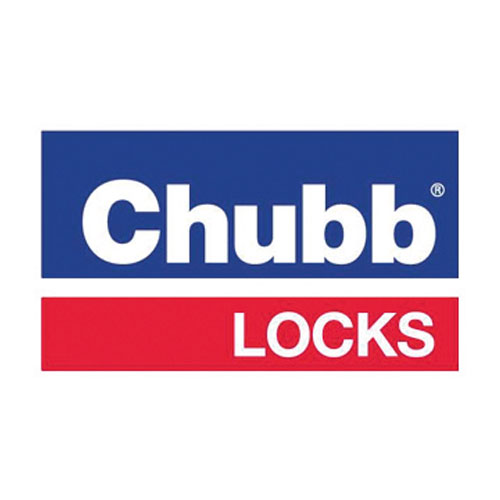This Union (ex Chubb) 3G135 fortress deadlock is a 5 detainer mortice lock designed for timber doors with a thickness of up to 50mm.
These non-handed detainer locks have a 14mm bolt throw and are force resistant, anti-drill, anti-pick and anti-saw.
The brass deadbolt contains hardened steel rollers to help prevent against hacksawing.
Supplied with 3 keys with a special cranked bitting design.










